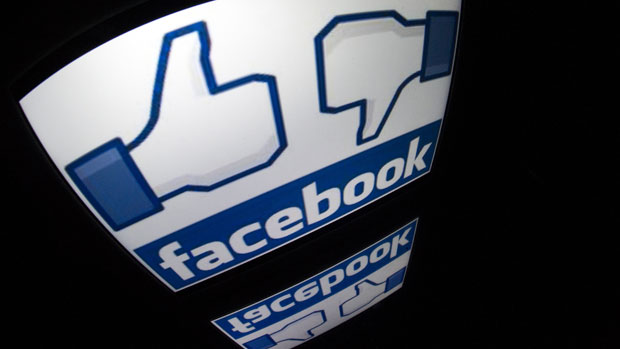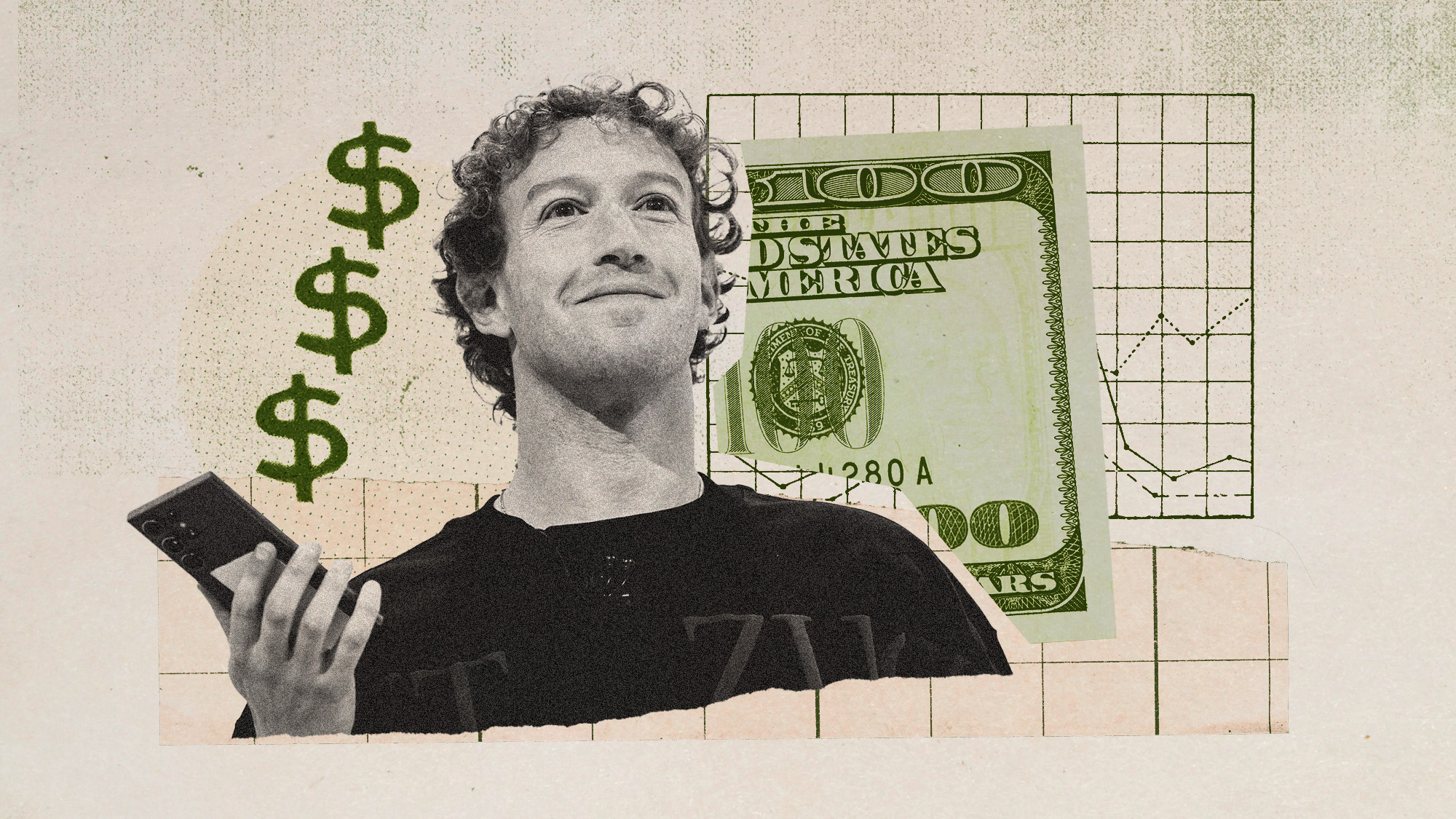Facebook sends in blue dinosaur to dispel privacy fears
Can 'Zuckasaurus' increase trust in Facebook or will he end up like Microsoft's Clippy the paper clip?

A free daily email with the biggest news stories of the day – and the best features from TheWeek.com
You are now subscribed
Your newsletter sign-up was successful
Facebook has finally responded to frustration over its privacy policies, by recruiting a small blue dinosaur to offer advice to users.
The social network has faced repeated calls to improve its confusing privacy settings and help prevent users from accidentally sharing their posts too widely.
Yesterday it announced that it will change the default setting for posts by new members from 'public' to 'friends' and will give a privacy check-up to every one of its 1.28 billion users.
The Week
Escape your echo chamber. Get the facts behind the news, plus analysis from multiple perspectives.

Sign up for The Week's Free Newsletters
From our morning news briefing to a weekly Good News Newsletter, get the best of The Week delivered directly to your inbox.
From our morning news briefing to a weekly Good News Newsletter, get the best of The Week delivered directly to your inbox.
This check-up will be conducted by the company's ambassador for privacy: a small blue dinosaur.
Some tech writers are calling him "Zuckasaurus" after Facebook's co-founder Mark Zuckerberg, while the Wall Street Journal has named him "Privosaurus Rex".
The New York Times says he looks more like a "short Barney", the children's TV character. "The Facebook variation also uses a slim-line laptop, which means he (or she) could be a hipster dinosaur, or hipstersaurus," it adds.
Zuckasaurus pops up as people are about to post a message or image, prompting users to ensure they are not sharing it more widely than they intended. He's polite too. "Sorry to interrupt," he says. "You haven't changed who can see your posts lately, so we just wanted to make sure you're sharing this post with the right audience."
A free daily email with the biggest news stories of the day – and the best features from TheWeek.com
Raylene Yung, an engineering manager on Facebook’s privacy team says they looked at a few different characters but thought the dinosaur was "the friendliest" and best choice. "Once we tried him out, we saw some great results and welcomed him to the team," says Yung.
But Facebook is taking a "gamble" in introducing a cartoon character as its mouthpiece for user privacy, "one of its most controversial aspects", says the New York Times. It points to Microsoft's Clippy the paper clip, which was "roundly mocked", and Twitter's whale, which came to be known as the "Fail Whale".
Nevertheless, tech writers have praised Facebook for improving its privacy policies, even though many are cynical about its motives. Facebook hopes people will be less likely to leave the social network over privacy fears or regrets about the things they have shared, say critics.
"The more you post, the more money it can make from advertisers," says CNET. "So if you trust Facebook more, it hopes you'll share more."
-
 The environmental cost of GLP-1s
The environmental cost of GLP-1sThe explainer Producing the drugs is a dirty process
-
 Greenland’s capital becomes ground zero for the country’s diplomatic straits
Greenland’s capital becomes ground zero for the country’s diplomatic straitsIN THE SPOTLIGHT A flurry of new consular activity in Nuuk shows how important Greenland has become to Europeans’ anxiety about American imperialism
-
 ‘This is something that happens all too often’
‘This is something that happens all too often’Instant Opinion Opinion, comment and editorials of the day
-
 Is social media over?
Is social media over?Today’s Big Question We may look back on 2025 as the moment social media jumped the shark
-
 Social media: How 'content' replaced friendship
Social media: How 'content' replaced friendshipFeature Facebook has shifted from connecting with friends to competing with entertainment companies
-
 Meta on trial: What will become of Mark Zuckerberg's social media empire?
Meta on trial: What will become of Mark Zuckerberg's social media empire?Today's Big Question Despite the CEO's attempt to ingratiate himself with Trump, Meta is on trial, accused by the U.S. government of breaking antitrust law
-
 What does an ex-executive's new memoir reveal about Meta's free speech pivot?
What does an ex-executive's new memoir reveal about Meta's free speech pivot?Today's Big Question 'Careless People' says Facebook was ready to do China censorship
-
 What's Mark Zuckerberg's net worth?
What's Mark Zuckerberg's net worth?In Depth The Meta magnate's products are a part of billions of lives
-
 Is the AI bubble deflating?
Is the AI bubble deflating?Today's Big Question Growing skepticism and high costs prompt reconsideration
-
 How social media is limiting political content
How social media is limiting political contentThe Explainer Critics say Meta's 'extraordinary move' to have less politics in users' feeds could be 'actively muzzling civic action'
-
 Twitter's year of Elon Musk: what happens next?
Twitter's year of Elon Musk: what happens next?In the Spotlight 'Your platform is dying', says one commentator, but new CEO is aiming for profitability next year